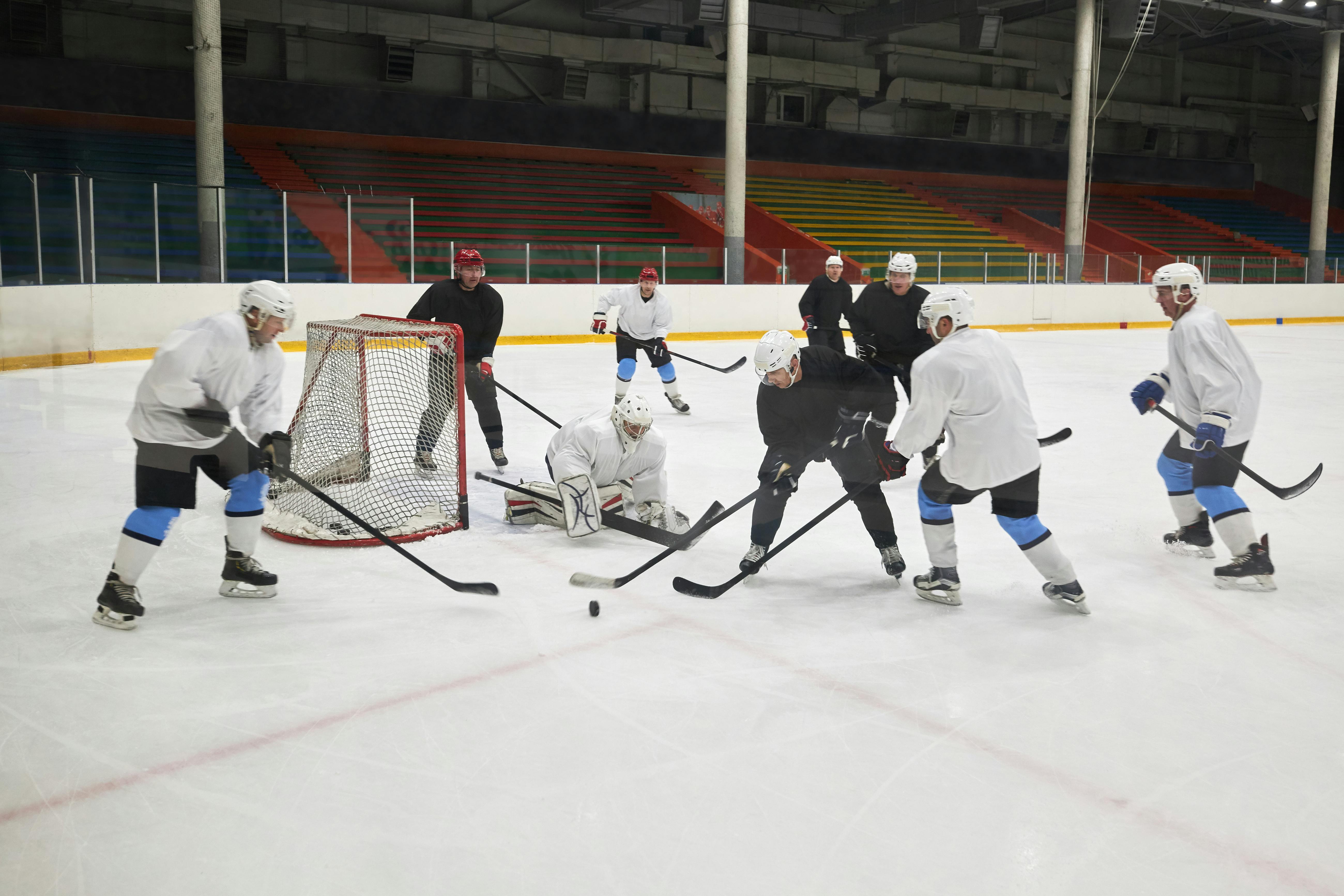A coup is often defined as a sudden and violent overthrow of a legitimate authority. In contemporary parlance, the word coup is most often used to refer to the overthrow of governments and also corporate leaders in what are called boardroom coups. There are two vitally important principles about stroke. First, there can never be a coup when there is no legitimate authority, and second, there can never be a legitimate coup. By definition, a coup is illegitimate regardless of whom it is carried out against and whether or not it is violent. Having defined punches, in this issue we will explore the most unbridled and debilitating of all punches called Deschapelles. Deschapelles’ punch is insidious and non-violent because it is essentially a punch against oneself. It’s a blow because it dethrones the rightful self and forces you to live in self-imposed exile in an imaginary world where you never reach your true potential. Let’s start by tracing the origins of the Deschapelles coup.
Alexandre Deschapelles, who lived between 1780 and 1847, was a highly intelligent French chess player and strategist who, as a young man, quickly established himself as the champion of his region. However, when the competition got tougher, he adopted a new condition for all matches: he would compete only if his opponent eliminated one of Deschapelles’ pawns and made the first move, which increased the odds that Deschapelles would lose. If he lost, he could blame the other player’s advantage and no one would know the true limits of his ability; but if he won against such odds, he would be the most revered for his incredible talents. Psychologists now use the term “Deschapelles coup” to refer to the rampant acts of self-sabotage in the world today.
Before exploring the Deschapelles coup further, a number of facts are worth mentioning. In the first place, it was Deschapelles who imposed the conditions that ultimately defined his game and hurt him. Like him, many of us like to impose excuses and justifications on ourselves that ultimately harm us. Second, these conditions were imposed in response to stiffer competition. Likewise, it’s not uncommon for people to come up with all sorts of explanations when faced with big challenges. Third, although he became a very famous celebrity, Deschapelles never became a world champion or even a national champion. He could have been world champion but regional champion died and only he is to blame for that. You are also to blame for all the things that you will not be able to achieve and become in this life. In fourth place, against all odds that he imposed on himself, Deschapelles won many matches but also lost a good number.
Many of us, in our various guises, behave like Deschapelles. We deal daily illegitimate blows to ourselves and our potentialities. When the competition got tougher, Deschapelles changed the rules of the game and introduced his own preconditions. Let’s be brutally honest here. The fact is that he was too timid to face the realities of the challenges of greatness head-on, and therefore he resorted to playing “games” instead of participating in the actual competitive arena. To compensate for his shyness, he devised a self-defeating strategy. Deschapelles is not alone when it comes to this. Many people are so shy about facing the realities and consequences of real-life, business, political, relational, and emotional challenges that they turn to “games.” Children will pretend to be sick to avoid difficult tasks; adults will change directions to avoid meeting someone they owe, and in the workplace people will avoid meetings where they are likely to run into difficult situations. The common denominator in all these cases is the reluctance to face reality as it is. The simple truth is that there is no better time to face the odds than now and there is no better time to face the bullet than now. Playing games just wastes time and sabotages your chances of success. No matter how bitter the medicine is, it still needs to be swallowed and the sooner the better.
Greatness in any field of human endeavor comes at a price. The rule of the game is that the price of success must be paid in full and there are no breaks. You cannot be successful first and then pay the price later. Payment is in advance. For Deschapelles the price was to meet tough competitors in a fair game of chess under well-established rules. He had to outdo the best to become the best. You too will have to beat the best if you want to be counted among the best.
It is instructive to note that Deschapelles’ strategy was in response to stiff competition. How we respond when the odds are stacked against us ultimately determines how far down the road to success we travel. The average man responds to adversity by making excuses and rationalizations. Like Deschapelles, we tend to create something to aim for in case we don’t succeed. Deschapelles had a strategy for saving face and not a strategy for greatness. What is your strategy? Is it a strategy for success or is it an excuse to save face? There is a difference between a strategy and an excuse. Every excuse you give is a self-imposed blow.
The tragedy with the Deschapelles coup is that although you may avoid the pain of facing life’s current challenges, you will never reach your full potential. To this day no one knows how capable Deschapelles was. Was he a world beater or good enough to be a regional champion? You will never know what you are truly capable of unless you eliminate all the excuses and all the “games” you are playing.
